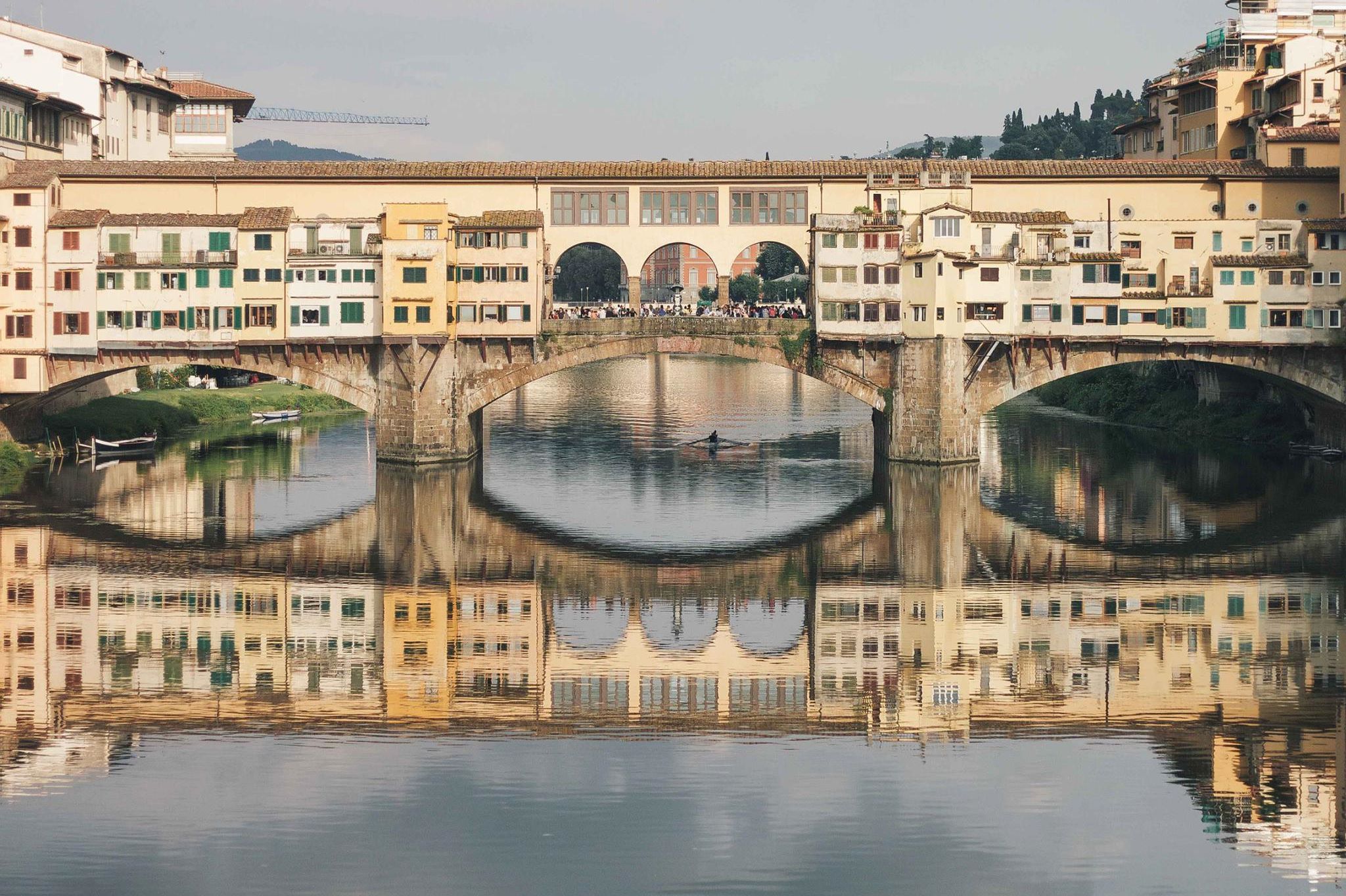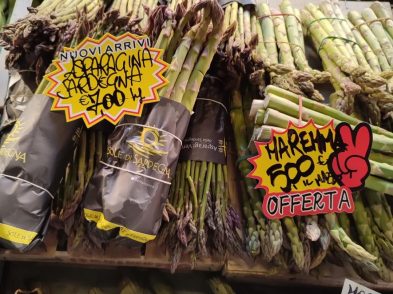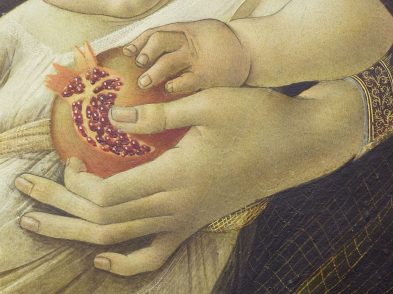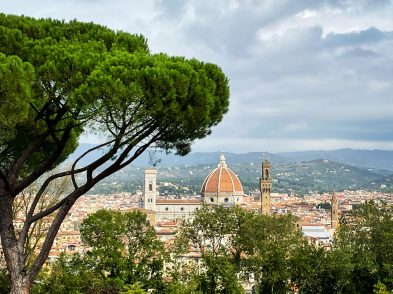Experiencing Florence includes far more than a discovery of its treasures; it is also a discovery of self. This is the conclusion of Larry Basirico, professor of sociology, chair of the department of sociology and anthropology and former dean of international programs at Elon University. He lived in Florence in the fall of 2013 while serving as visiting professor at Accademia Europea di Firenze (AEF). In his first two articles for this series ‘Experiencing Florence,’ Basirico, who has authored articles about identity and the family as well as introductory sociology textbooks, talked about how Florence nurtures a state of ‘flow’ (a psychological state of enhanced creativity) in TF198 and its ‘genius loci’ (unique spirit of place) in TF199.
Ours was not the only family to fall in love with Florence and to experience a profound sense of loss when we left. Many others feel this way when they leave. As Katie Acompora said of Florence in ‘Time to say goodbye’, ‘Saying goodbye is painfully hard.’ We were enamored with Florence not only because of what it is but also because of who we were when we were there. Florence was the ‘generalized other’ that helped shape and help us discover our identity, our sense of who we are. In the seminal book Mind, Self and Society (1934), the American social philosopher George Herbert Mead describes the ‘generalized other’ as ‘the organized community or social group which gives to the individual his unity of self … The attitude of the generalized other is the attitude of the whole community.’ Leaving Florence, thus, amounts to leaving part of our selves behind—the part that was instilled by our experience there.
The American sociologist Charles Horton Cooley theorized that one’s self is a reflection of how we think others see us. He compared the development of an identity to a looking glass. ‘Each to each a looking glass, reflects the other that doth pass,’ he wrote in Human Nature and the Social Order (1902).
For Cooley, self arises through interaction with others. ‘There is no sense of “I,”’ he writes, ‘without its correlative sense of you, or he, or they.’ Summarizing Cooley, the German-born American social theorist Lewis Coser writes in his Masters of Sociological Thought (1971), ‘Society is internalized in the individual psyche; it becomes part of the individual self through the interaction of many individuals, which links and fuses them into an organic whole.’
When I’m standing in a group at the Accademia, awestruck by the David, strolling with others through the Boboli Gardens, collectively listening to musicians in piazza della Repubblica, waiting in a crowded line to buy train tickets at Santa Maria Novella station, being unexpectedly greeted in Italian by my Florentine neighbors, being called by my name at the fruit stand, café or panini shop, a part of my self comes alive. When I stop on Ponte alle Grazie and stare up past the four bridges into the Tuscan hills, Life I know that others are sharing this vision with me. When I awake each morning to the sound of Giotto’s campanile, I am reminded not only of where I am, but who I am. I am not only in Florence; Florence is in me.
While our identity is formed through a culmination of life events, being fully immersed in a social situation can have a powerful effect on our ‘role identities,’ how we see ourselves as occupants of particular social position. In this case, the social position is that of Florence dweller. What makes Florence different is the intensity of the experience and, particularly, Florence’s ‘genius loci’. The nonstop immersion in art, the street performances, the pervasive connection to the creative geniuses of the Renaissance, the rust-colored glow of the rooftops, the way the architecture and the Arno’s book-ended hills frame the Tuscan sky, the ubiquitous presence of the Duomo, the echoing sounds of Giotto’s campanile, the piazzas, the leather, the coffee, the gelato and, above all, the soul and spirit of the Florentine community saturate your existence while there. While there, Florence is the looking glass through which we discover and nurture an identity that is extraordinarily fulfilling.
As such, our Florentine identity can be become a self-fulfilling prophecy. In many ways, the self that arises within a specific social situation is an idealized conception of one’s self. American social psychologists George J. McCall and J.L. Simmons write, in Identity and Interactions (1966), ‘As a creature of ideals, man’s main concern is to maintain a tentative hold on these idealized conceptions of himself, to legitimate his role-identities.’
As Acompora said in her recent piece in The Florentine, ‘In love with Florence, I am blind to its imperfections. Instead, I see only the overwhelming beauty here: in life, in love, in nature, in people, in art, in architecture and, most importantly, finding inspiration.’ Just as falling in love with a person can provide us with a highly satisfying and fulfilling identity, a relationship with Florence fosters a similar experience. Florence is not just a place you visit or live, but who you become.









